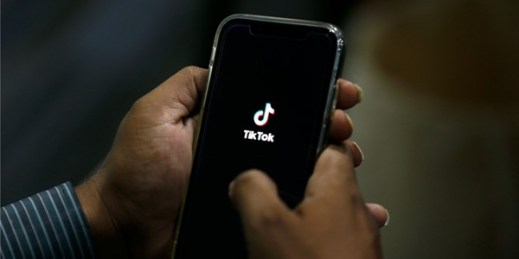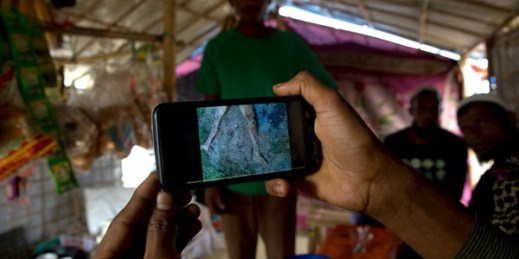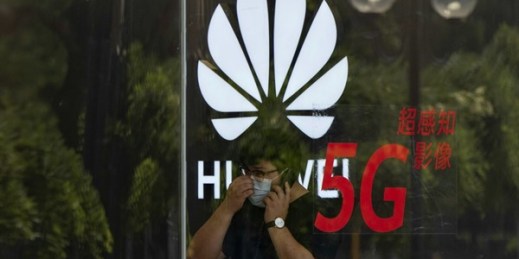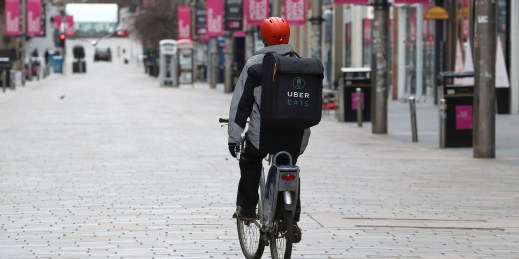
When the Trump administration began publicly bandying about the idea of barring the popular Chinese social media app TikTok from the American market a couple of weeks ago, the mere possibility of it happening sent shock waves through Chinese society. One might have expected that most of the attention, including lots of predictable fury, would have centered on nationalist sentiments—which are easily aroused in China nowadays—about the alleged unfairness with which the country is being treated by Western competitors, none more so than the United States. Unbeknownst to Americans, who mostly see it as an almost addictive platform for distracting […]




